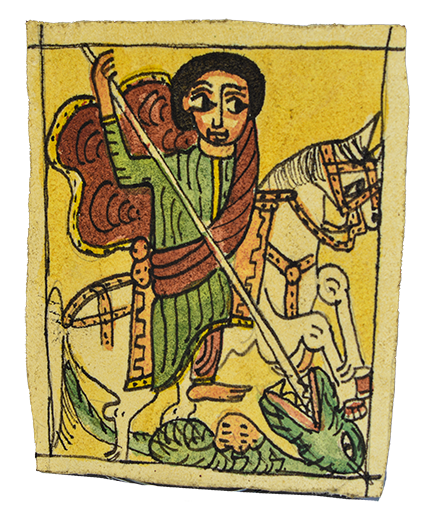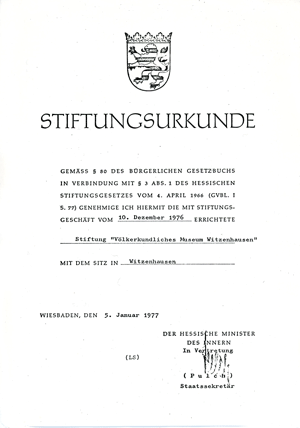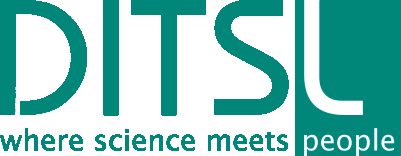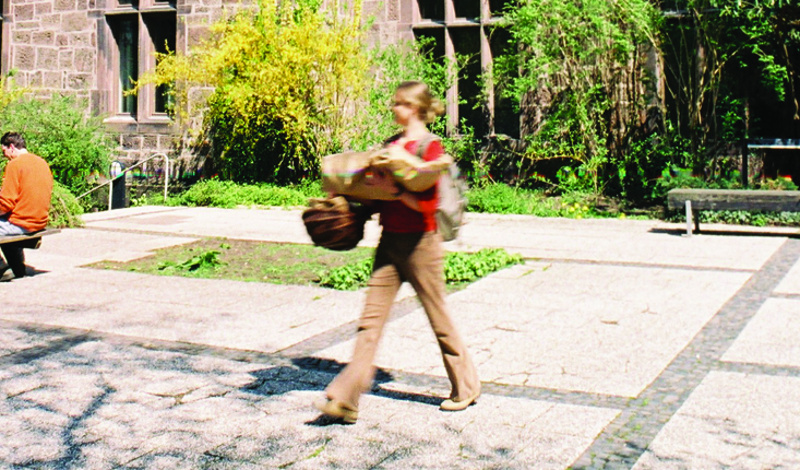Kultur & Kunst
 |
No 2071 a
Sankt Georg Ikone Sankt Georg auf Ziegenhaut
Sankt Georg (oder St. Georg) kann sich auf mehrere Dinge beziehen, am häufigsten ist jedoch der heilige Georg, ein christlicher Märtyrer und Nothelfer, der auch als Drachentöter bekannt ist.
erworben 2008 in Lalibela Äthiopien von Pof. Rüdiger Krause
übergeben an das Museum Febr. 2016.
|
Das Museum wurde eingerichtet und wird unterhalten und betrieben von der Stiftung Völkerkundliches Museum Witzenhausen
 |
Verfassung der Stiftungmit Stiftungsurkunde |
|
Die Stiftung ist eine rechtsfähige Stiftung des bürgerlichen Rechts und unterliegt dem Hessischen Stiftungsgesetz StiftG HE 1966 Dem Vorstand der Stiftung gehören an: Herr Daniel Herz - Bürgermeister der Stadt Witzenhausen Herr Hans-Jürgen Spinn - Stadtrat der Stadt Witzenhausen Herr Dr. Christian Hülsebusch - Geschäftsführer DITSL GmbH Frau Dr. Marion Hulverscheidt
Der Vorsitz des Vorstandes wird im Wechsel wie folgt wahrgenommen: - in den ungeraden Jahren vom Bürgermeister der Stadt Witzenhausen - in den geraden Jahren beim Geschäftsführer der DITSL GmbH
Dem Stiftungsbeirat gehören an: Herr Daniel Herz - Bürgermeister der Stadt Witzenhausen Herr Walter Wilhelm- Stadtrat der Stadt Witzenhausen Herr Reiner Winkler- Stadtrat der Stadt Witzenhausen Herr Dr. Christian Hülsebusch - Geschäftsführer DITSL Frau Marina Hethke - Kustodin des Gewächshauses für tropische Nutzpflanzen Herr Lars Bathge - Sparkasse Werra-Meißner Herr Prof. i.R. Eckhard Baum |
Geschäftsordnung des <<Vorstandes>>
Geschäftsordnung des <<Stiftungsbeirates>>


